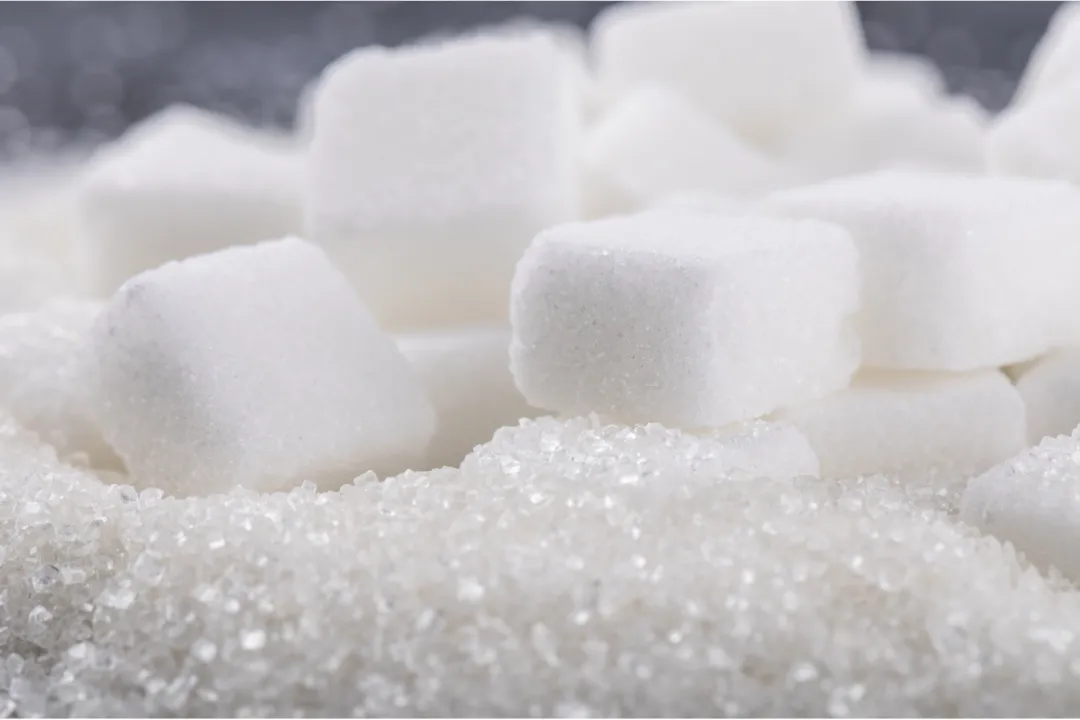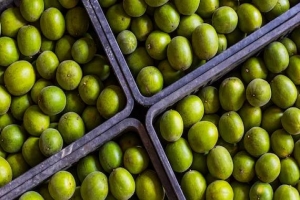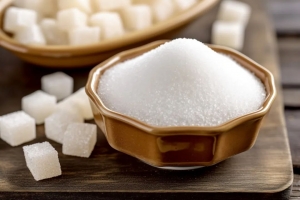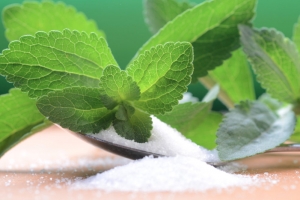The global food and health industries are buzzing with the latest updates on allulose, a low-calorie sweetener that tastes remarkably like sugar but has a fraction of the calories. Known for its unique health benefits, allulose is increasingly recognized as a game-changer for those seeking healthier sugar alternatives without sacrificing taste.

What is Allulose? Allulose is a rare sugar naturally found in small quantities in fruits like figs and raisins. It has the same texture and sweetness level as regular sugar but with only 0.4 calories per gram—about 90% fewer calories than traditional sucrose. This makes it an attractive ingredient for people managing their calorie intake or those looking for options with minimal glycemic impact.
Key Benefits and Applications Recent studies continue to affirm that allulose does not cause significant increases in blood glucose or insulin levels, which positions it as a valuable ingredient for diabetic-friendly and keto-compliant products. Additionally, it is increasingly popular in beverages, desserts, and confectionery products due to its clean, natural taste.
Regulatory Approval and Industry Growth Allulose has received GRAS (Generally Recognized as Safe) status from the U.S. Food and Drug Administration, and regulatory approvals continue to expand internationally. With the rising consumer demand for natural and low-calorie sweeteners, allulose's market presence is expected to grow substantially over the next few years, making it an essential ingredient for health-focused brands and food innovators.
Looking Ahead As more research supports the health benefits of allulose, it is expected to become a staple in the sugar alternative market, meeting the needs of health-conscious consumers. Manufacturers and product developers are encouraged to consider allulose in their formulations, capitalizing on its functional and health benefits to deliver cleaner, healthier products to the market.
 The regulation of Monk Fruit Extract (also known as Luo Han Guo extract) varies across different cou
The regulation of Monk Fruit Extract (also known as Luo Han Guo extract) varies across different cou
 Health Canada Approves Monk Fruit Extract as a Natural Sweetener
Health Canada Approves Monk Fruit Extract as a Natural Sweetener
 New Breakthrough in Allulose: A Healthier Sugar Alternative Gains Momentum
New Breakthrough in Allulose: A Healthier Sugar Alternative Gains Momentum
 Understanding Reb-M: The Benefits of a Next-Generation Sweetener
Understanding Reb-M: The Benefits of a Next-Generation Sweetener